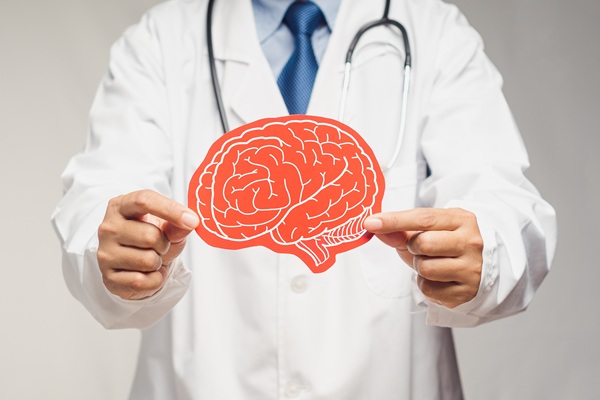How To Improve Brain Health

Maintaining strong brain health is essential for overall well-being, especially as cognitive function can decline with age or due to preventable medical conditions. Prioritizing brain health supports memory, focus, and emotional regulation, which are vital for everyday activities and long-term independence. Patients seeking ways to support cognitive performance can take proactive steps to keep the brain engaged, nourished, and protected.
Move the body to support the mind
One of the most effective ways to support brain function is through regular physical activity. Exercise increases blood flow to the brain and encourages the release of chemicals that support nerve cell growth. Walking, cycling, and swimming are all excellent options for staying active. Even moderate physical activity, performed several times a week, has been shown to enhance mood and improve memory. Consistent movement also helps regulate conditions that contribute to cognitive decline, such as hypertension and diabetes.
Feed the brain with the right nutrients
A balanced, nutrient-rich diet plays a key role in brain health. Foods that support optimal brain function include leafy green vegetables, berries, fatty fish, nuts, and whole grains. These contain essential nutrients, including omega-3 fatty acids, antioxidants, and B vitamins, that help reduce inflammation and oxidative stress. Limiting processed foods and reducing sugar intake can also have a positive effect on mental clarity and cognitive resilience.
Prioritize sleep for cognitive restoration
Sleep is another important factor in protecting cognitive performance. The brain uses rest periods to consolidate memories, process emotions, and clear waste. Most adults benefit from seven to nine hours of uninterrupted sleep per night. Those experiencing sleep disturbances or fatigue should consult an urgent care or primary care provider to identify and manage any underlying conditions, such as sleep apnea or anxiety, that may be interfering with their quality of rest.
Stay mentally and socially engaged
Mental stimulation helps keep neural pathways active and healthy. Reading, puzzles, learning new skills, or engaging in creative hobbies all promote brain plasticity. Social connection is also critical. Regular interaction with others helps lower the risk of depression and cognitive decline, especially in older adults. Patients are encouraged to maintain strong relationships and participate in group activities when possible.
Managing stress can also support brain health. Chronic stress negatively impacts memory and mood. Relaxation techniques, such as deep breathing, mindfulness, and yoga, may help mitigate these effects.
Urgent care and primary care providers play an important role in helping patients identify risk factors for cognitive decline. Annual checkups, blood pressure screenings, and cholesterol monitoring offer early insight into potential issues that may affect brain function. When appropriate, providers may recommend cognitive assessments or refer patients to specialists for further evaluation and assessment.
Proactive steps for a healthier brain
Staying proactive about brain health starts with consistent care. Urgent care and primary care providers are here to support long-term wellness through guidance, screenings, and education. For more information or to schedule a consultation, call Encompass Care at (702) 514-4295.
To schedule a consultation, please request an appointment on our website at https://encompasscarelv.com or call Encompass Care at (702) 514-4295 to arrange an appointment at our North Las Vegas office.
Check out what others are saying about our services on Yelp: Brain Health in North Las Vegas, NV.
Related Posts
Curious about what travel immunizations you may need for an upcoming trip? Read on to learn more. Travelers often encounter health problems they would not normally encounter at home. To lessen the likelihood of contracting a life-threatening illness on your trip, research in advance what travel immunizations are required or advised for the area of…
Minor illness treatment at an urgent care center offers fast, convenient care for everyday health concerns that do not require an emergency room visit. When symptoms such as cough, sore throat, fever, or minor injury appear, minor illness treatment provides evaluation, diagnosis, and relief in a single visit. Patients receive timely attention without long hospital…
Hormone replacement therapy (HRT) is a medical treatment option for managing symptoms associated with age- or medical-related hormonal changes, particularly during menopause. Many individuals explore HRT to address their discomfort, improve their quality of life, and support their overall well-being. However, it is important to keep in mind that this treatment has both advantages and…
Whiplash involves injury to the neck’s soft tissues due to sudden and forceful motion, often from rear-end accidents. It is a good idea to get auto accident injury treatment if you suspect you have whiplash, especially since symptoms can take anywhere from hours to days to fully appear. Urgent care and primary care providers can…
